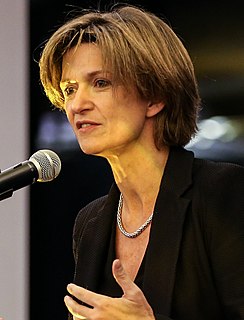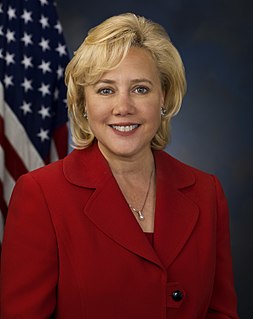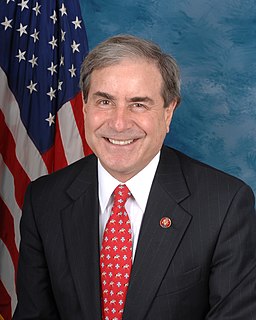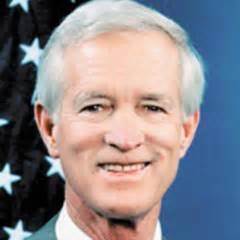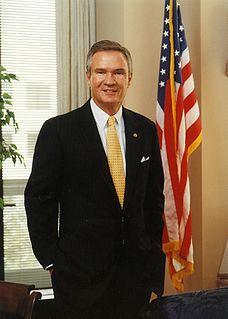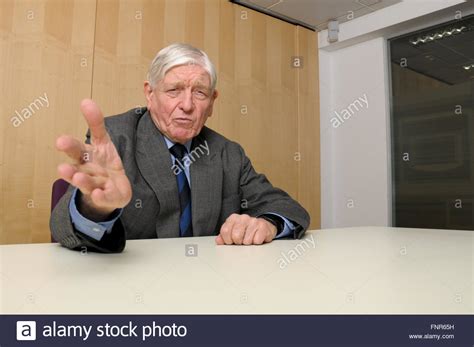A Quote by Sam Graves
The majority of ground in the U.S. is owned by the federal government, and right now, very little of it is accessible to anybody that is trying to produce oil and gas, and we need to be opening that up.
Related Quotes
Venezuela has the biggest oil reserves in the world. And the biggest gas reserves in this hemisphere, the eighth in the world. Venezuela was a U.S. oil colony. All of our oil was going up to the north, and the gas was being used by the U.S. and not by us. Now we are diversifying. Our oil is helping the poor.
What is the most entrepreneurial country in the Middle East today? It's Lebanon. Which country has no oil or gas? Lebanon. The same was true of Israel, the same was of Bahrain. You could see a real gradation. Turkey, for instance: no oil and gas, very entrepreneurial. You can either dig your future out of the ground or you can unlock the potential of your people.
You know just because the majority thinks something is right, doesn't make it right. So, that is up to us, the people that see the wrong, that see the injustice, that stay educated, stay informed, stay involved. And there's an old phrase 'the squeaky wheel, gets the oil.' Right now, our wheels aren't very squeaky; the other side, they're the ones making all the racket...We just have to get up, stand up, speak out, and don't be silent.
Gas prices in many parts of the country are nearing $4 a gallon; it could get even worse as unrest spreads throughout the oil-exporting Middle East. Yet the Obama administration once again seems to see no crisis. It has curtailed new leases for offshore oil exploration for seven years and exempted thousands of acres in the West from new drilling. It will not reconsider opening up small areas of Alaska with known large oil reserves.




